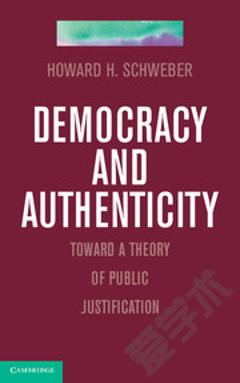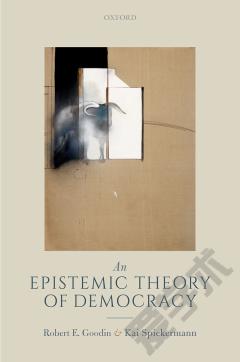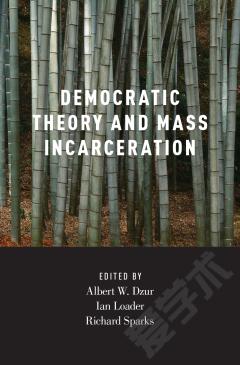Democracy and Authenticity: Toward a Theory of Public Justification
Introduction: consensus liberalism and the challenge of pluralism Part I. The Case for Constraint: 1. Three cases for constraint: Audi, Rawls, and Larmore 2. Subjective standards and the problem of deliberative perfectionism 3. Liberalism and the problem of authenticity 4. Further reflections on authenticity 5. The scope of constraint Part II. Responding to the Case for Inclusion: 6. Arguments from consequences: pluralism and the role of culture 7. The arguments from consequences: agnostic democracy and republican virtue 8. Fairness as equality 9. Fairness as recognition 10. The argument from epistemology: claims of equivalence 11. Empiricism and public justification 12. Toward a theory of public justification.
{{comment.content}}








 京公网安备 11010802027623号
京公网安备 11010802027623号